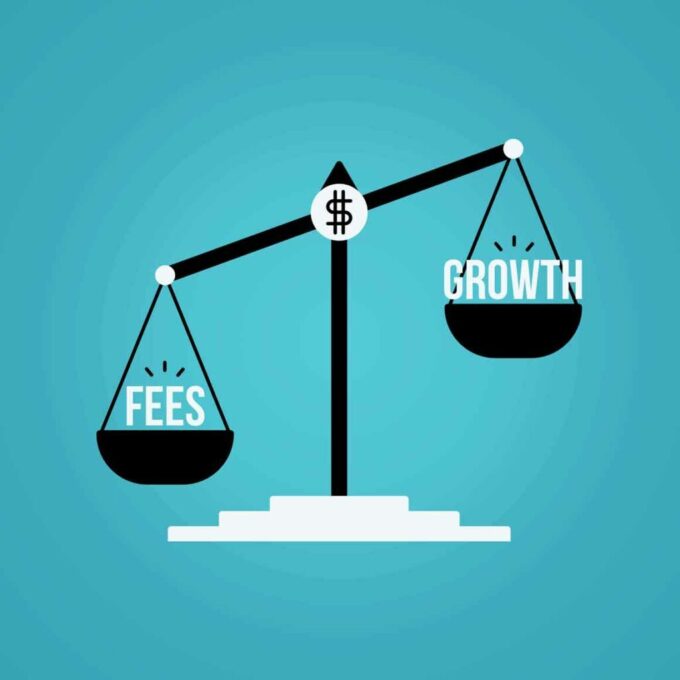When choosing how to save and manage your money, you have many factors to consider and various decisions to make. An early decision might involve choosing between a traditional commercial bank or a credit union.
Many don’t think about joining credit unions because they’re unaware of the benefits of doing so. In fact, there are many reasons to consider becoming a credit union member instead of working with a bank to manage your money. The following are some of the more noteworthy. Visit valleyfirstcu.org online to learn more.
Lower Fees

This is among the top reasons to consider joining a credit union instead of a traditional bank. All other factors being equal, credit union fees tend to be lower than bank fees. They also typically have more attractive interest rates on loans and savings accounts.
Your goal when managing your money via a bank or credit union is to maximize how much money you save (and minimize how much you spend). Naturally, it makes sense for many to work with an institution that will charge low fees while also offering ideal interest rates.
In fact, keeping fees low is among the main goals of those running credit unions. Credit unions are at least partially established to provide customers with an affordable alternative to banks.
Credit unions are able to keep their fees low not because they don’t offer quality service, but because they don’t have certain responsibilities that banks do. Specifically, banks are businesses required to make money for their investors. One way they do so is by charging high fees.
Credit unions are different. Although they may technically qualify as businesses depending on one’s definition, they’re more akin to public services in many ways. Like a fire department, a credit union’s priority is serving a need over making a profit. In fact, to qualify as a credit union, an institution must operate on a not-for-profit basis.
Eligibility

Again, the main function of a credit union is to serve the public. As such, eligibility requirements for credit union memberships tend to be less rigid than they often are at banks. The only primary requirement is that you live in the area a credit union serves.
However, this requirement is one that sometimes deters people from joining credit unions. They want to know they’ll have access to banking services regardless of whether they’re currently near a branch.
This is understandable. However, it overlooks the reality of today’s credit unions. First, many belong to networks that provide easy access to ATMs throughout the country. Additionally, like traditional banks, they typically offer online and mobile banking options, allowing customers to pay bills, check balances, and perform other banking tasks from virtually anywhere in the world.
Customer Service

Along with being not-for-profit organizations, credit unions are usually co-ops. That means their members are involved in making decisions about the company without the burden that comes from needing to please shareholders.
This often results in superior customer service. Those making decisions at credit unions know that in order to succeed, they need to make decisions that are in the best interests of their customers, instead of trying to make shareholders happy, often at the expense of customers.
The local nature of credit unions also has a positive impact on customer service in many instances. Often, customers who switch to credit unions after previously working with major banks find that they’re treated less as nameless and faceless customers and more as valued members of the community.
Same Benefits as Banks

It’s worth noting that credit union accounts are insured the same way bank accounts are. The only difference is that bank accounts are insured through the Federal Deposit Insurance Corp, while credit union accounts are insured through the National Credit Union Administration. Regardless, if you’re worried that your money will be less safe at a credit union than a bank, you don’t need to be.
That said, you should know that typical credit union insurance covers accounts of up to $250,000. That doesn’t mean you can’t insure more than that amount. It simply means you need to discuss this with your credit union’s customer service team. They’ll usually help you access more insurance to cover any additional deposits you make. Often, they have different account types for situations like yours.
Easier Access to Loans

Again, interest rates for loans from credit unions tend to be better than interest rates for bank loans. Many also find that receiving approvals for loans is easier when working with credit unions.
You, of course, need to be careful when taking out a loan with any financial institution. You don’t want to exacerbate an already unstable financial situation by taking out a loan that you can’t repay.
That said, there are many reasons why people who genuinely will use loans responsibly don’t qualify for bank loans. For instance, they may have limited credit, or they may come from a country where the difference in credit systems makes it difficult for a bank to evaluate whether they’re eligible for a loan.
This is another reason to work with a credit union instead of a large commercial bank. If you’ve been struggling to get approved for a loan, but you genuinely believe you qualify for one, a credit union may be more likely to approve your application.
A Say
Because credit unions are co-ops, they’re run by board members who usually serve on a volunteer basis. However, every member of a credit union has voting rights. You can vote to elect board members and cast your vote on other important decisions when you’re a member of a credit union. This allows you to exercise a degree of control over the nature of a credit union’s services that you certainly wouldn’t have at a traditional bank, where you’re merely a customer who exists to help the bank earn a profit.
Yes, you need to carefully consider all options when deciding how to save and manage your money, but you should make a point of familiarizing yourself with the benefits of credit unions. Those listed here are simply some of the most commonly cited. Research this topic in greater detail to determine if a credit union is the right choice for you.









